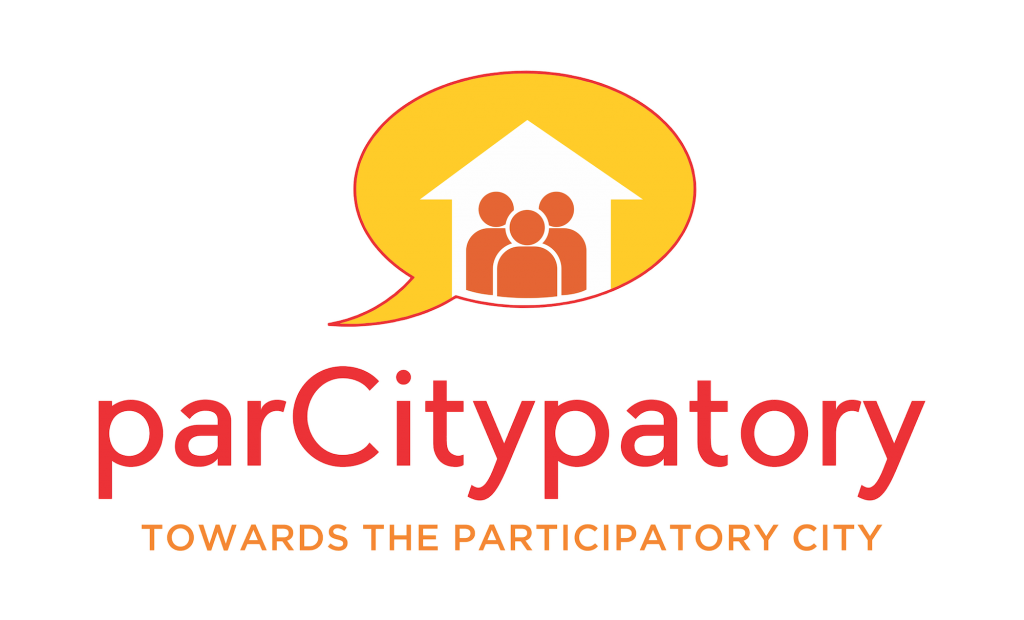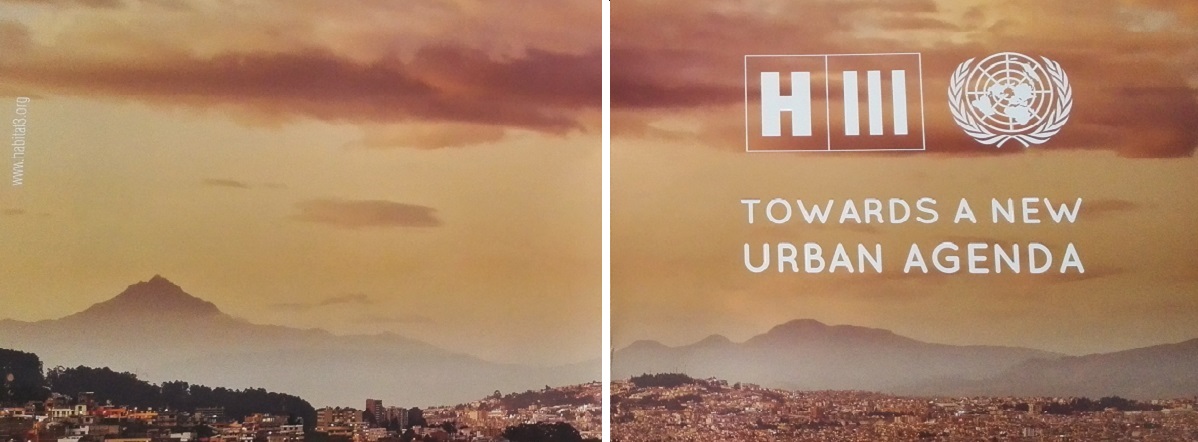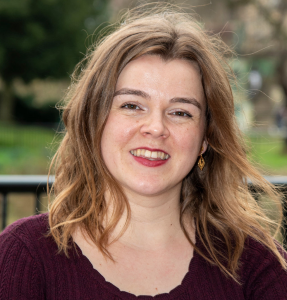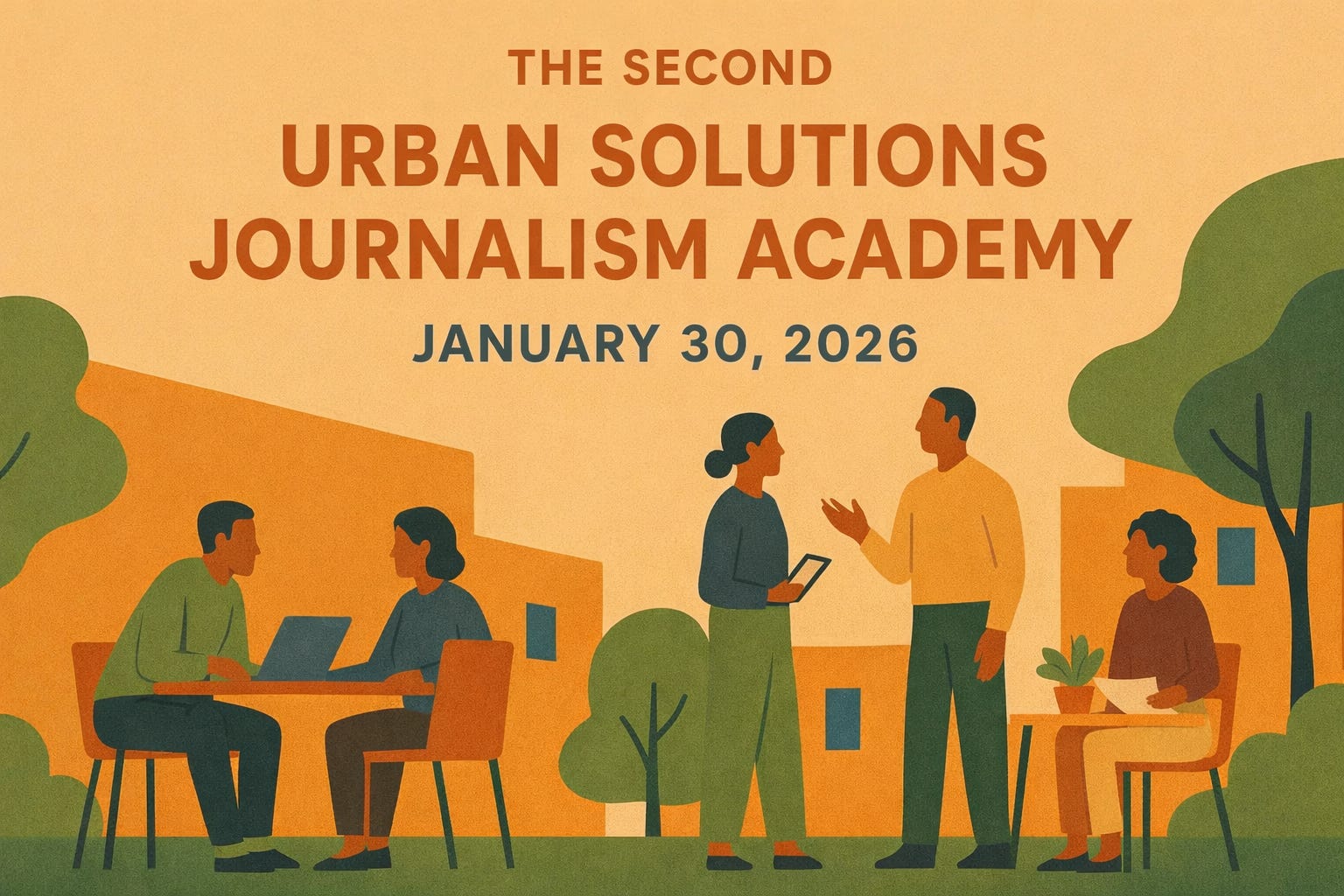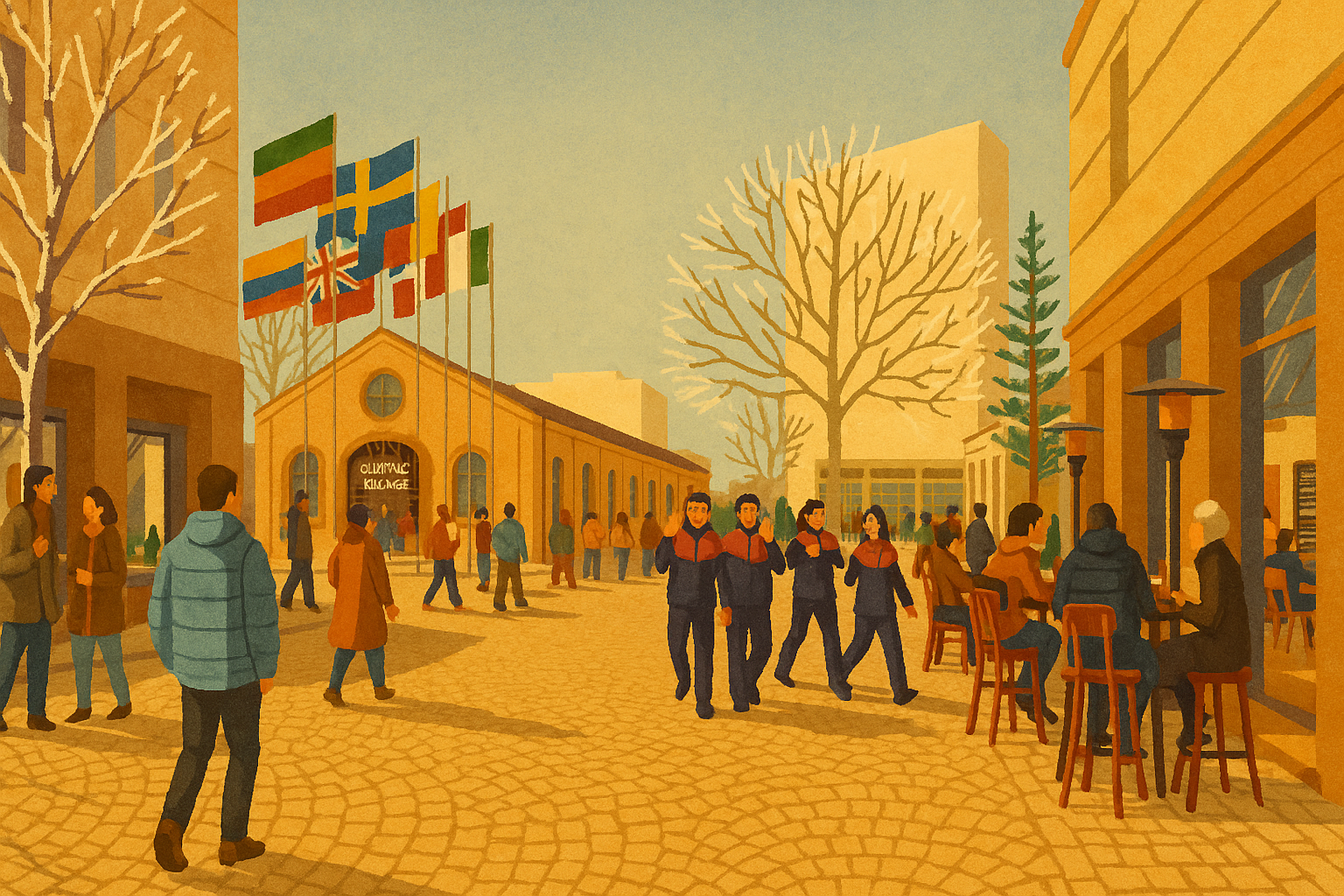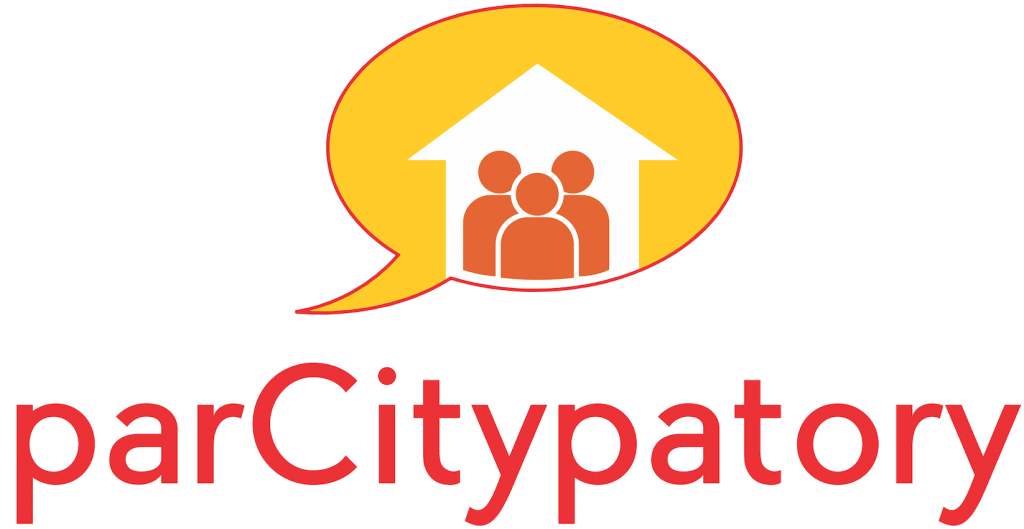Towards HABITAT III
2016 is actually a great year to start a blog on cities since it is the year of cities. There are so many publications, new websites and conferences that I sometimes don’t even know where to start! The reason for all this excitement about cities is the United Nation’s big conference on the future of cities and housing, HABITAT III, to take place in Quito, Ecuador in October 2016.
However, it is not only HABITAT III. Last year’s Sustainable Development Goals set the stage for the next 15 years of global development. All of the different goals apply to cities and goal number 11 is about cities especially: “Make cities inclusive, safe, resilient and sustainable. “ (more details)
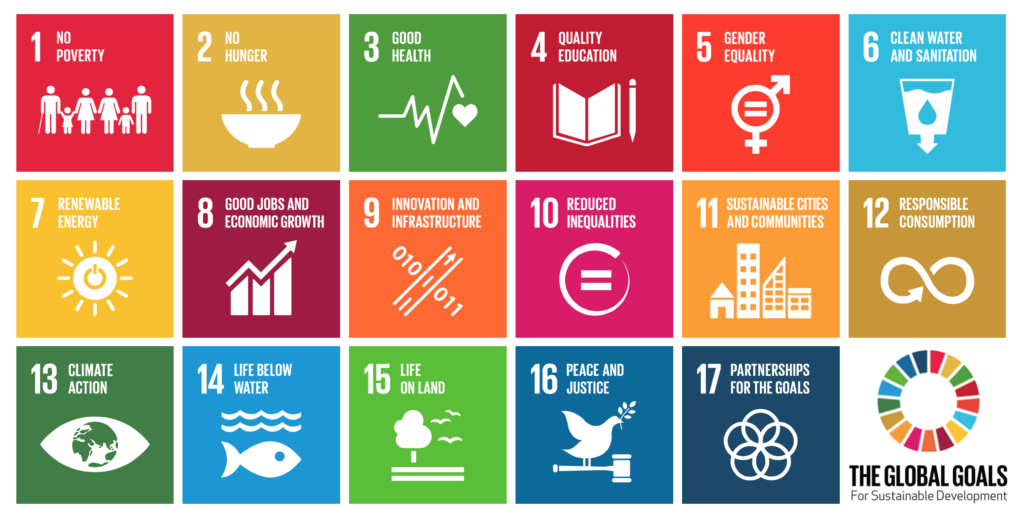
But also the Paris Agreement (the first-ever universal global climate deal to limit global warming to below 2°C) mentions cities as very important stakeholders and takes them into responsibility.
What is HABITAT III?
This year, the focus will be on cities exclusively at HABITAT III. The goal of this 4-day conference is to jointly create the “New Urban Agenda” that will provide a framework for an urbanisation that is sustainable, socially inclusive, equal, non-discriminatory, empowering, safe, etc. The topics to be covered in the conference are diverse. Just to name a few: slums or informal settlements, the right to the city, inequalities, climate change and cities, land rights, resilience and, of course, participation in cities.
Important participants in this United Nations Conference, organised mainly by UN HABITAT but supported by all other UN agencies, are local and regional governments, city networks on the national and international level, urban planners and many more. They are represented in the General Assembly of Partners.
Compared to HABITAT II, which took place 20 years ago in Istanbul, this year’s conference focuses more on actually shaping policies worldwide by giving policy recommendations. It is also about providing a new narrative where urbanisation is perceived as a positive engine for development rather than an obstacle. Today, cities are seen not only as places of many problems but mainly as venues with many innovative solutions and a creative mix of diverse stakeholders. Medium-sized cities, as mentioned in this review of an online course about African Cities, are central stakeholders in future urban growth. They can take some of the weight off of mega cities and provide small scale solutions.
The ongoing debate about whether to focus on retrofitting infrastructure in cities or on planning ahead in a more sustainable way will be one of the most interesting ones at HABITAT III. The three-pronged approach of providing land rights, including consultants in the planning process and following an integrated urban development, will also be discussed. Municipal financing, urban planning & design and urban legislation can be avenues for solutions.
Currently, the so-called Zero Draft of the New Urban Agenda is being circulated. Changes are expected especially next week, when the third session of the Preparatory Committee (PrepCom) will meet in Surabaya, Indonesia, to finalise the preparations for October. You can find the Zero Draft here. It lists these 10 policy units as main topics of HABITAT III:
- The Right to the City and Cities for All
- Socio-Cultural Urban Framework
- National Urban Policies
- Urban Governance, Capacity and Institutional Development
- Municipal Finance and Local Fiscal Systems
- Urban Spatial Strategies: Land Market and Segregation
- Urban Economic Development Strategies
- Urban Ecology and Resilience
- Urban Services and Technology
- Housing Policies
The follow-up of HABITAT III recommendations and agreements in the New Urban Agenda is also being discussed passionately. Currently, indicators for measuring progress are being developed. The first time for a post-HABITAT III evaluation will be the next biennial World Urban Forum in 2018.
Frankly, it is quite shocking that a conference as important as HABITAT III takes place only every 20 years. For example, the Istanbul Declaration of 1996 missed crucial issues like climate change and digitalisation – unthinkable today, where sustainability is a common ground for most UN member states. The trend towards smart cities will also play an important role in October. Therefore, the pressing need to institute a higher frequency of HABITAT conferences needs to be addressed as well.

Participation and HABITAT III
Of course, two questions I will keep in mind are: How participatory is the HABITAT III process and what role will participation play in the final document, the New Urban Agenda?
Here are some first thoughts. The Zero Draft mentions “participation” 25 times on 23 pages, which is not too bad. There is an emphasis on “true and meaningful participation”, both social and political. But the suggestions on how to implement participation are very vague.
So far, the HABITAT process has been comparatively participatory, including various actors such as trade unions, civil society organisations, parliamentarians and the private sector among many others. However, while institutional participation might be well underway, the process of formulating the Zero Draft and of promoting it has not reached too many people outside the urban planning expert bubble. This is why there are regular Urban Journalism Academies to improve awareness of the importance of future urban development. The UN also held some public events to educate and include the public in drafting the New Urban Agenda, but the National Urban Forums where each country drafted its contributions to the Agenda were not accessible to the public.
It feels like hopes are high for HABITAT III, but the question is, will the 40,000 participants expected in Quito come up with an adequate document? And even if so, how can we make sure that it is being respected and implemented globally?
Since I currently have some free time on my hands, I attended some conferences. These were the European HABITAT III preparation conference in Prague, the Metropolitan Solutions Conference on Smart Cities, the ICLEI conference on Informed Cities and the No Cost Housing Conference on Affordable Housing in Zurich. These conferences tackled very different issues, so I will write about each of them individually in the next weeks – here are the articles I wrote about Habitat III.
I also invite you to subscribe to my own newsletter, which you can do in the bottom menu. Please share your thoughts and ideas in the comment section and don’t hesitate to contact me (laura@parcitypatory.org).
